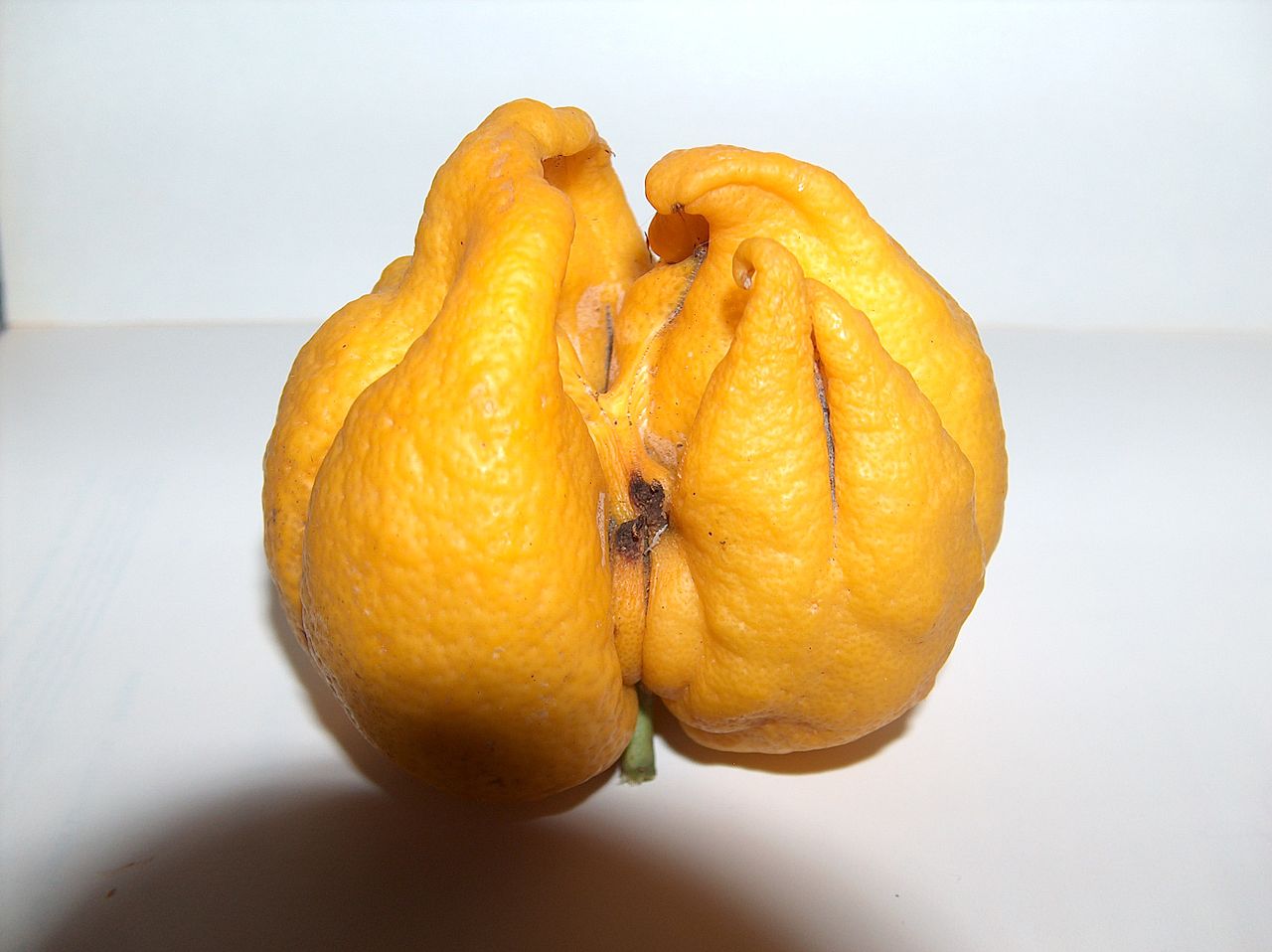Citrus Bud Mite Damage – Control Of Citrus Bud Mites


What are citrus bud mites? These harmful pests are tiny and somewhat difficult to spot with the naked eye, but citrus bud mite damage can be extensive and may reduce yield. Read on for information about identification and control of citrus bud mites.
What are Citrus Bud Mites?
Citrus bud mites are tiny, cigar-shaped pests, typically creamy white or translucent in color. Like most mites, citrus bud mites have four legs near the mouth. They usually hide in safe places, such as under bud scales, where they overwinter. Uncontrolled citrus bud mite damage may include deformed stems, leaves, flowers, and buds, and leaf, flower, or bud galls. The pests often feed inside the buds, resulting in malformed, stunted fruit. Although the mites attack all types of citruses, they are especially problematic in lemons.

Get this year's gifts from small, woman-owned businesses in the Gardening Know How shop.
How to Treat Mites on Citrus Trees
So, what about citrus bud mite treatment? According to Utah State University Extension, citrus mites don’t typically affect long-term health of citrus trees and the damage is largely aesthetic, although yield may be reduced. Pesticides and miticides should be an absolute last resort because they eliminate beneficial natural predators, including predatory mites that usually keep citrus bud mites in check. Use of pesticides also fosters chemical-resistant pests.
Monitor plant health carefully for effective control of citrus bud mites before they get out of hand. Prune infested leaves and branches and dispose of them carefully to prevent spread of the pests.
Horticultural oil sprays and insecticidal soaps are fairly effective citrus bud mite treatments when applied prior to bloom. They are of no use, however, after development of galls or after fruits are infested. An application of horticultural oil in late fall may help provide control of citrus bud mites.
If the infestation is severe, use pesticides or miticides carefully and rotate chemical types every year to avoid development of chemical-resistant mites. Read the label carefully and make sure the chemical is appropriate for your particular type of plant.
This article features products available from third-party vendors on the Gardening Know How Shop.
Gardening tips, videos, info and more delivered right to your inbox!
Sign up for the Gardening Know How newsletter today and receive a free copy of our e-book "How to Grow Delicious Tomatoes".

A Credentialed Garden Writer, Mary H. Dyer was with Gardening Know How in the very beginning, publishing articles as early as 2007.
-
 Looking For Plants To Give You The Soft And Fuzzies? Try These 5 Fuzzy Leaf Plant Options
Looking For Plants To Give You The Soft And Fuzzies? Try These 5 Fuzzy Leaf Plant OptionsLovers of texture, drama, silver foliage and tactile plants will adore these special sensory garden additions. These fuzzy leaf plant options will leave you all aglow
By Susan Albert
-
 Get Ready For A Summer Of Hummers! Grow These Full Sun Hummingbird Plants and Flowers
Get Ready For A Summer Of Hummers! Grow These Full Sun Hummingbird Plants and FlowersIf you’re lucky enough to enjoy a sunny backyard, make sure you are maxing out on your pollinator opportunities and grow these full sun hummingbird plants and flowers
By Tonya Barnett